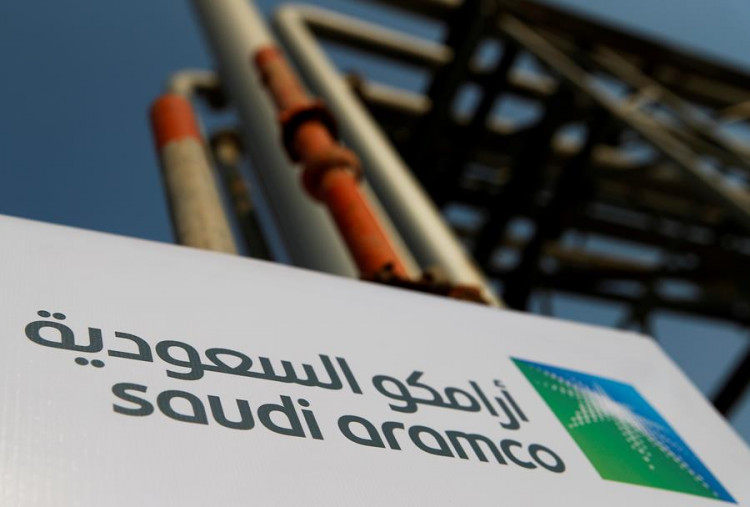Nearly all companies in the European Union will be prohibited from buying seaborne goods from Russia starting in less than a month in an effort by the 27-nation bloc to chastise Moscow for the invasion of Ukraine.
Because of this, many oil refineries around the world are scrambling to try and secure Middle Eastern crude supplies for the upcoming year out of concern for what may happen to Russia's massive export program.
"Most of Asian refineries, including our company, are trying to maintain the same amount of Middle Eastern crude and some may even increase a little bit," Lin Keh-Yen, spokesperson for Taiwan's Formosa Petrochemical Corp., told Bloomberg. "If European countries start to lift crude from the Middle East, there will be more competition in the spot market."
Despite President Joe Biden overseeing an unprecedented 180 million-barrel drawdown from the U.S. Strategic Petroleum Reserve, oil is up more than 25% this year.
The full impact of the limits will only become known after the sanctions go into effect, but there has been considerable speculation that Russia's petroleum exports, which are among the world's largest, could suffer.
Because of the uncertainty, at least nine dealers and refiners in Asia and Europe have attempted to retain or raise the amount they get from the Middle East through so-called term contracts. Asian officials say their requests have been addressed. However, with Saudi Arabia and other regional producers promising to curb supply, there is no guarantee that every purchaser would be so privileged.
The EU has promised to forbid the supply of insurance, brokerage, and shipping anywhere in the globe in addition to its import restriction, unless the oil in question is purchased as part of a price limit program. Another area of uncertainty is the fact that the Group of Seven industrialized nations hasn't yet settled on the precise amount of that cap.
Not everything is making refiners feel pressed for time. Demand is expected to be weak because of recessionary pressure and ongoing viral lockdowns in China.
Europe has been overtaking Asia as the leading destination for U.S. barrels as Russian oil entering the Atlantic basin has been declining.
Additionally, Europeans are progressively buying up cargoes from the North Sea and Kazakhstan, leaving fewer possibilities for Asian refiners that have avoided Russian barrels.
According to traders who took part in the conversations, at least five refiners and merchants in Asia have reached an agreement to either increase or retain their Middle Eastern crude supplies through 2023. Four refiners in Europe all made the same statement while pointing out that availability will determine the final result.





